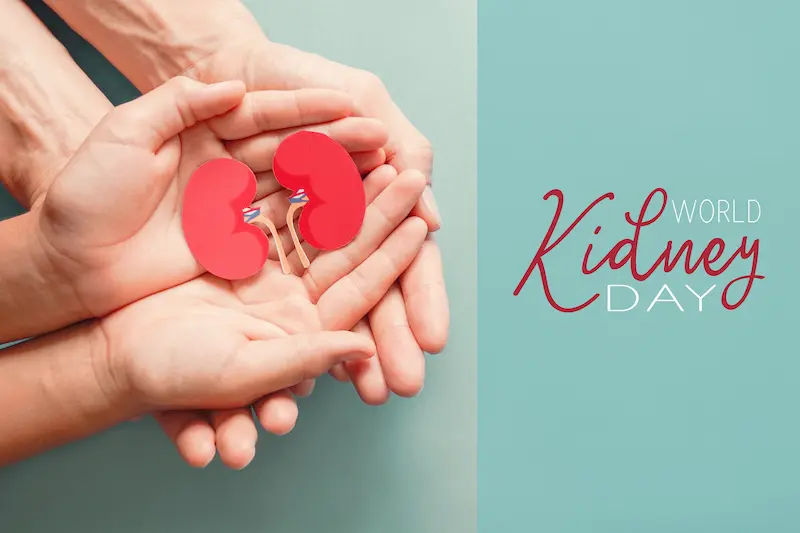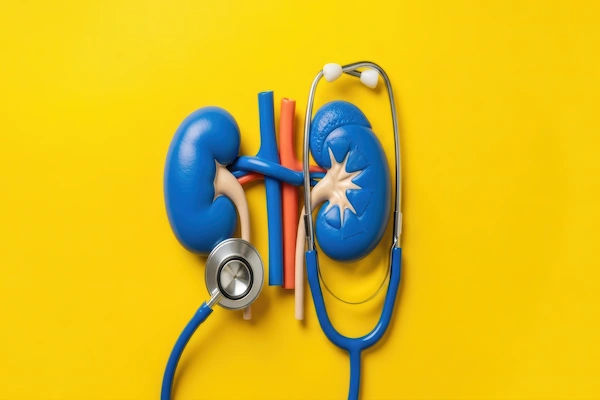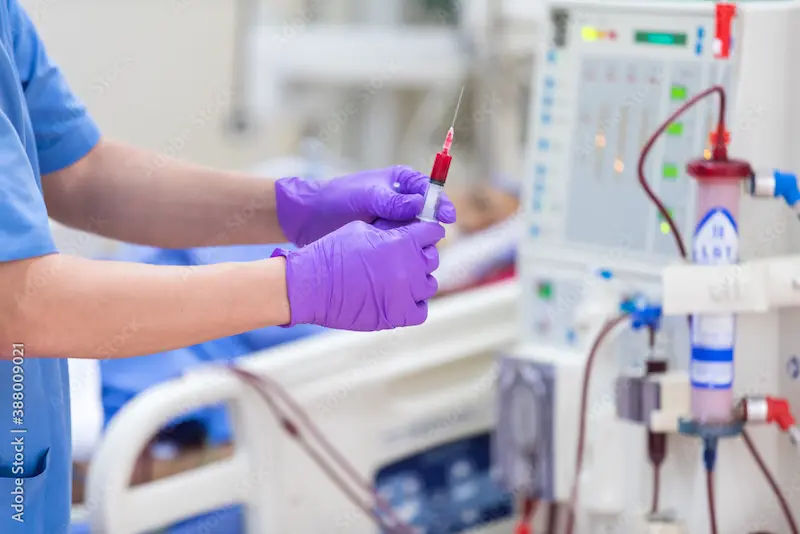Nutritional Management Of Kidney Transplant Patients
Explore the essential principles of nutritional management for kidney transplant patients. Learn how diet supports recovery, prevents complications, and enhances long-term transplant success.


Introduction
A kidney transplant is a life-changing procedure that offers a new lease on life for patients with end-stage kidney disease. However, post-transplant care, especially nutrition, plays a crucial role in ensuring long-term success. Proper dietary management helps in recovery, prevents complications, and supports overall health. This article will guide you through essential nutritional tips for kidney transplant patients in simple, easy-to-understand language.
Why Is Nutrition Important After a Kidney Transplant?
After a kidney transplant, your body undergoes significant changes. The new kidney starts functioning, but you also take immunosuppressant medications to prevent rejection. These medications can affect your metabolism, weight, and nutrient absorption. A well-balanced diet helps:
Promote healing after surgery
Maintain a healthy weight (some medications cause weight gain)
Control blood pressure and blood sugar (common side effects of immunosuppressants)
Prevent infections (a strong immune system is vital)
Protect your new kidney from damage
Consult Top Specialists for Personalised Tips
Key Nutritional Guidelines for Kidney Transplant Patients
Key nutritional guidelines for kidney transplant patients are:
1. Protein Intake
Why: Protein helps in tissue repair and muscle strength after surgery.
Sources: Lean meats, fish, eggs, dairy, beans, and lentils.
How much: Initially, you may need more protein (1.2–1.5g per kg of body weight). Later, moderate intake is recommended.
2. Healthy Fats
Why: Some medications increase cholesterol levels.
Sources: Olive oil, nuts, avocados, and fatty fish (like salmon).
Avoid: Fried foods, processed snacks, and excessive butter.
3. Carbohydrates & Fiber
Why: Some anti-rejection drugs can raise blood sugar levels.
Sources: Whole grains (brown rice, oats), fruits, and vegetables.
Limit: Refined sugars (sweets, sodas, white bread).
4. Sodium (Salt) Control
Why: High blood pressure can harm your new kidney.
Tips:
Avoid processed foods (chips, canned soups, pickles).
Use herbs and spices instead of salt for flavour.
Check food labels for sodium content.
5. Potassium & Phosphorus Balance
Why: Transplant medications can alter mineral levels.
Potassium Sources (Moderate Intake): Bananas, oranges, potatoes.
Phosphorus Sources (Limit Excess): Dairy, nuts, cola drinks.
6. Hydration
Why: Proper water intake helps the kidney function well.
How much: Unless restricted, drink 2–3 litres daily (consult your doctor).
7. Food Safety & Hygiene
Why: Immunosuppressants weaken immunity, increasing infection risk.
Tips:
Wash fruits and vegetables thoroughly.
Avoid raw or undercooked meat, seafood, and unpasteurised dairy.
Store food properly to prevent contamination.
Common Challenges & How to Manage Them
Some of the common challenges and ways to manage them are:
1. Weight Gain
Some medications increase appetite and fat storage.
Solution: Focus on portion control, regular exercise, and low-calorie, nutrient-rich foods.
2. High Blood Sugar (Post-Transplant Diabetes)
Steroids can raise blood sugar levels.
Solution: Monitor sugar intake, eat balanced meals, and follow doctor’s advice.
3. High Cholesterol & Blood Pressure
Immunosuppressants may affect heart health.
Solution: Choose heart-healthy fats, exercise, and limit salt.
Lifestyle Tips for Better Recovery
Lifestyle tips for better recovery are:
Exercise Regularly: Walking, yoga, or light workouts help maintain weight and energy.
Avoid Alcohol & Smoking: These can interfere with medications and harm the kidney.
Follow-Up Tests: Regular blood tests ensure the kidney is functioning well.
Take Medications on Time: Never skip or alter doses without consulting your doctor.
When to Seek Help?
If you experience:
Sudden weight gain or swelling
High blood pressure or blood sugar
Frequent infections
Loss of appetite or nausea
Consult your transplant team immediately.
Conclusion
A kidney transplant is a second chance at life, and proper nutrition ensures its long-term success. By following a balanced diet, staying hydrated, and maintaining a healthy lifestyle, you can protect your new kidney and enjoy a better quality of life. If you need personalised dietary advice, consider booking a consultation with a nutritionist or nephrologist through Apollo 24|7 for expert guidance.
Consult Top Nephrologist
Consult Top Specialists for Personalised Tips

Dr. Ch. Anil Kumar
Nephrologist
6 Years • MBBS., MD., DM
Kakinada
Apollo Hospitals Surya Rao Peta, Kakinada

Dr. Ashwini Kumar Aiyangar
Nephrologist
16 Years • MBBS DNB(INT.MED) DNB(NEPH)
Secunderabad
Apollo Hospitals Secunderabad, Secunderabad
(125+ Patients)

Dr Vinay Kumar A V
Nephrologist
8 Years • MBBS, MD - General Medicine, DM - Nephrology
Bilaspur
Apollo Hospitals Seepat Road, Bilaspur

Dr S P Omkumar
Nephrologist
6 Years • MBBS, MD NEPHRO
Chennai
Apollo Clinic, Valasaravakkma, Chennai

Dr. Sandeep Morkhandikar
Nephrologist
18 Years • MBBS, DNB, DM ( Nephrology)
Pune
Apollo Clinic, Viman Nagar, Pune
Consult Top Nephrologist

Dr. Ch. Anil Kumar
Nephrologist
6 Years • MBBS., MD., DM
Kakinada
Apollo Hospitals Surya Rao Peta, Kakinada

Dr. Ashwini Kumar Aiyangar
Nephrologist
16 Years • MBBS DNB(INT.MED) DNB(NEPH)
Secunderabad
Apollo Hospitals Secunderabad, Secunderabad
(125+ Patients)

Dr Vinay Kumar A V
Nephrologist
8 Years • MBBS, MD - General Medicine, DM - Nephrology
Bilaspur
Apollo Hospitals Seepat Road, Bilaspur

Dr S P Omkumar
Nephrologist
6 Years • MBBS, MD NEPHRO
Chennai
Apollo Clinic, Valasaravakkma, Chennai

Dr. Sandeep Morkhandikar
Nephrologist
18 Years • MBBS, DNB, DM ( Nephrology)
Pune
Apollo Clinic, Viman Nagar, Pune




